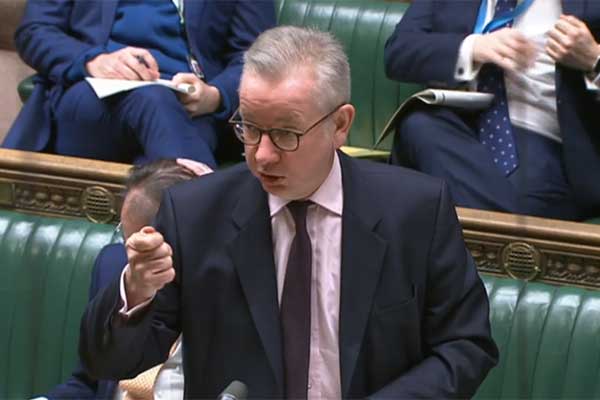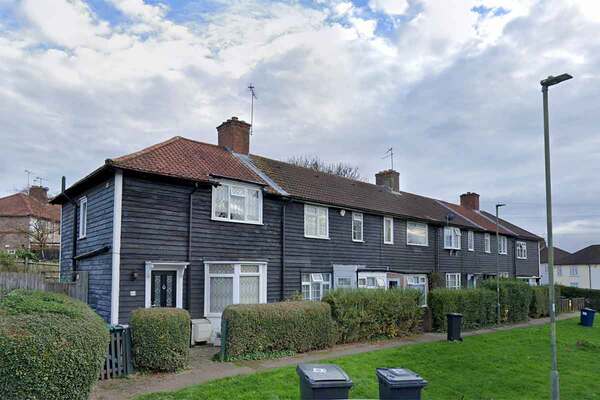Building safety amendments ‘make a mockery’ of company law, say experts
New legal powers to protect leaseholders from the cost of building safety work “rip to shreds” 200 years of commercial law and could affect the viability of large developments, experts have warned.
Inside Housing has spoken to lawyers following the announcement of amendments to the Building Safety Bill earlier this week, which will place a cap on the amount of money leaseholders will be made to pay for building safety work.
Many lawyers have welcomed the amendments, which aim to make developers, manufacturers and freeholders pay for remediation work. However, many have also warned that big questions remain around how the proposals will work in practice.
The new amendments will prohibit leaseholders in blocks higher than 11 metres from being charged any money for cladding remediation.
For non-cladding work, the new law will seek to make developers and cladding manufacturers pay. The cost will then move on to freeholders, where they have the means to pay.
If neither of these routes provides the full sum of money required to fix the block, leaseholders can be billed. These costs will be capped at £10,000 nationally and £15,000 in London.
In a bid to prevent developers using shell companies to avoid paying for work, Michael Gove, the housing secretary, will give additional powers to courts when a company is wound up. These powers would require an associated company to contribute to the liabilities of the organisation being closed down.
Mark London, a partner at Devonshires, said the change “rips to shreds” the concept of limited liability “that has been a standard presumption in English commercial law for about the past 200 years”.
Limited liability is a form of legal protection for shareholders and owners that prevents individuals, and organisations that are registered as distinct legal bodies, from being held personally responsible for their company’s debts or financial losses.
“It basically makes a mockery of limited liability now, and the overriding theme of this new proposal is that you’ve got nowhere to hide if you’re a contractor or developer,” Mr London said.
Charis Beverton, a partner at Winckworth Sherwood, agreed that the plans amounted to a fundamental intervention in the construction industry, and in corporate law.
“That is because not only will it, if passed, force companies to remediate ‘relevant defects’, but it seems to pierce the corporate veil to make associated companies (parents, subsidiaries, etc) liable for those defects in the event that the original developer (or landlord) is insolvent or dissolved,” she said.
Ms Beverton said the shift in government position was “laudable”, but warned that this intervention will not immediately fix the problem of who will pay to rectify all issues in buildings in England.
This is because “there are road blocks one way or another” for buildings where liability has not already been established, she said.
She also pointed out that it could have “a very significant impact on the viability of development”, as “many large projects have been built using special purpose vehicles specifically to protect the viability of the overarching business from claims”.
Giles Peaker, a partner in the housing department at Anthony Gold, described the proposals as “a Gove power grab” that gives the housing minister all sorts of new powers.
However, Mr Peaker said it is currently unclear how the amendments would be interpreted at a first-tier tribunal.
Douglas Rhodes, a partner at Trowers & Hamlins, said the “piercing of the corporate veil” could be subject to legal challenges by the associated companies that are now responsible for liabilities they didn’t have.
However, Mr Rhodes was “impressed” by the proposals.
“I thought for some time that it had been politically unacceptable to allow leaseholders to pay for the necessary work. It’s like the penny has finally dropped,” he said.
Announcing the proposals on Monday, Mr Gove said the measures “will stop building owners passing all costs on to leaseholders and make sure any repairs are proportionate and necessary for their safety”.
Sign up for our legal and regulation newsletter
Already have an account? Click here to manage your newsletters













